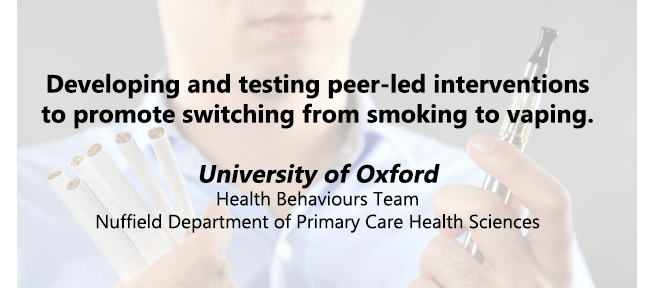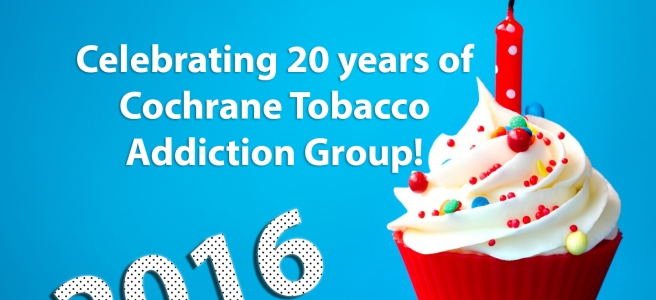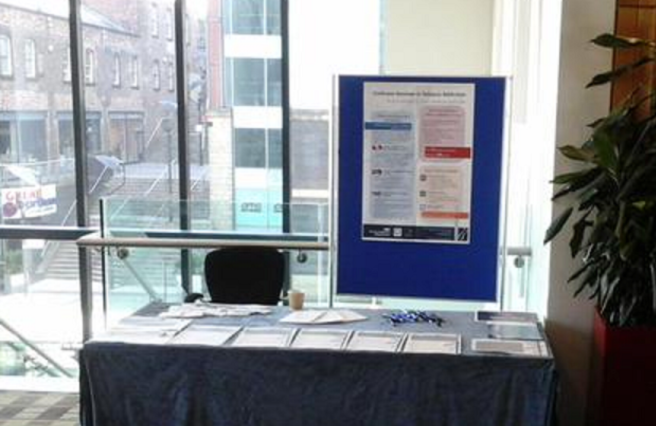There is insufficient evidence to show that using nicotine patches for four weeks before a quit attempt (known as “preloading”) improves long-term smoking abstinence, finds a trial published by The BMJ this week.
The researchers found that nicotine preloading reduces craving intensity and seems to make quitting easier, but that this beneficial effect may have been masked by a concurrent reduction in the use of varenicline in the period after quit day. As varenicline is the most effective smoking cessation drug, this may have undermined the benefit of preloading.
If it were possible to overcome this unintended consequence, nicotine preloading “could lead to a worthwhile increase in long term smoking abstinence,” they say.
The research was funded by the National Institute for Health Research.
Although there have been several new drugs for tobacco cessation since the 1970s, treatment has remained largely the same, with behavioural support to motivate and strengthen a person’s resolve to remain abstinent and drugs to reduce the strength of urges to smoke after quit day.
Some studies have suggested that using nicotine replacement therapy before a quit attempt is more effective than when used in the conventional way to support abstinence, while other studies suggest preloading has no effect.
A research team from the UK Centre for Tobacco and Alcohol Studies, led by Professor Paul Aveyard at the University of Oxford, set out to examine the effectiveness of a nicotine patch worn for four weeks before a quit attempt. Continue reading


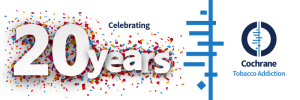



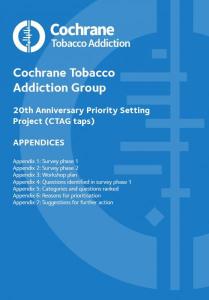

 The introduction of standardised (or ‘plain’) packaging was recommended by the World Health Organisation, Framework Convention on Tobacco Control (WHO FCTC) guidelines. This recommendation was based on evidence around tobacco promotion in general and studies which examined the impact of changes in packaging on knowledge, attitudes, beliefs and behaviour. Standardised tobacco packaging places restrictions on the appearance of tobacco packs so that there is a uniform colour (and in some cases shape) with no logos or branding apart from health warnings and other government-mandated information, and the brand name appears in a prescribed uniform font, colour and size.
The introduction of standardised (or ‘plain’) packaging was recommended by the World Health Organisation, Framework Convention on Tobacco Control (WHO FCTC) guidelines. This recommendation was based on evidence around tobacco promotion in general and studies which examined the impact of changes in packaging on knowledge, attitudes, beliefs and behaviour. Standardised tobacco packaging places restrictions on the appearance of tobacco packs so that there is a uniform colour (and in some cases shape) with no logos or branding apart from health warnings and other government-mandated information, and the brand name appears in a prescribed uniform font, colour and size.